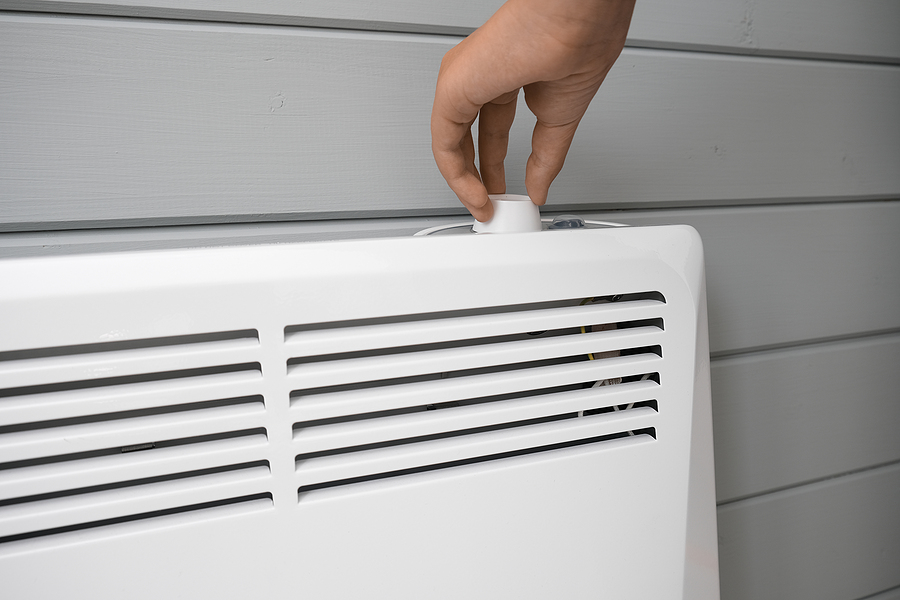TRENTON, NJ – A plan is afoot in New Jersey to kick off an energy revolution where we are all forced to give up our natural gas and oil-powered heating systems for less effective and more costly electric heating options. Now, Republicans and Democrats have introduced a bill in an attempt to block the Murphy administration’s progressive march to eradicating fossil fuels, ignoring the high costs that will be incurred by all residents.
Legislation sponsored by Senator Steve Oroho and approved today by the Community and Urban Affairs Committee would unplug any attempt by state agencies to mandate the use of electric heating in buildings and homes.
The bipartisan bill, S-4133, allows agencies to offer incentives for installing electric heat or electric water heaters, but specifically bans the Department of Community Affairs, the Department of Environmental Protection, the Board of Public Utilities, and any other state agency from adopting rules requiring the electric transition.
“State agencies have no business dictating how residents heat their homes or live their lives,” said Oroho (R-24). “In some cases, the convenience of electricity may make sense, but homeowners and businesses should be able to make their own choices without the government forcing them to do it.”
The state’s Energy Master Plan, updated in 2019 at the Governor’s direction, calls for homeowners to replace central heating systems with heat pumps beginning in 2030 and for the electrification of buildings by 2050.
According to the U.S. Census Bureau, American Community Survey, Five Year Estimate 2013-2017, 75 percent of homes in New Jersey use natural gas for home heating fuel, while only 12 percent use electricity.
“The high cost of living in New Jersey, boosted by oppressive tax rates, would be increased significantly by the electric mandate,” Oroho said. “Three of every four homes in the state could be faced with thousands of dollars in expenses to convert to electric heat, with estimates for a full-house conversion reaching or exceeding $20,000.
“Property owners should decide if and when they convert to electric, not arbitrary deadlines established by government bureaucrats,” Oroho concluded.
